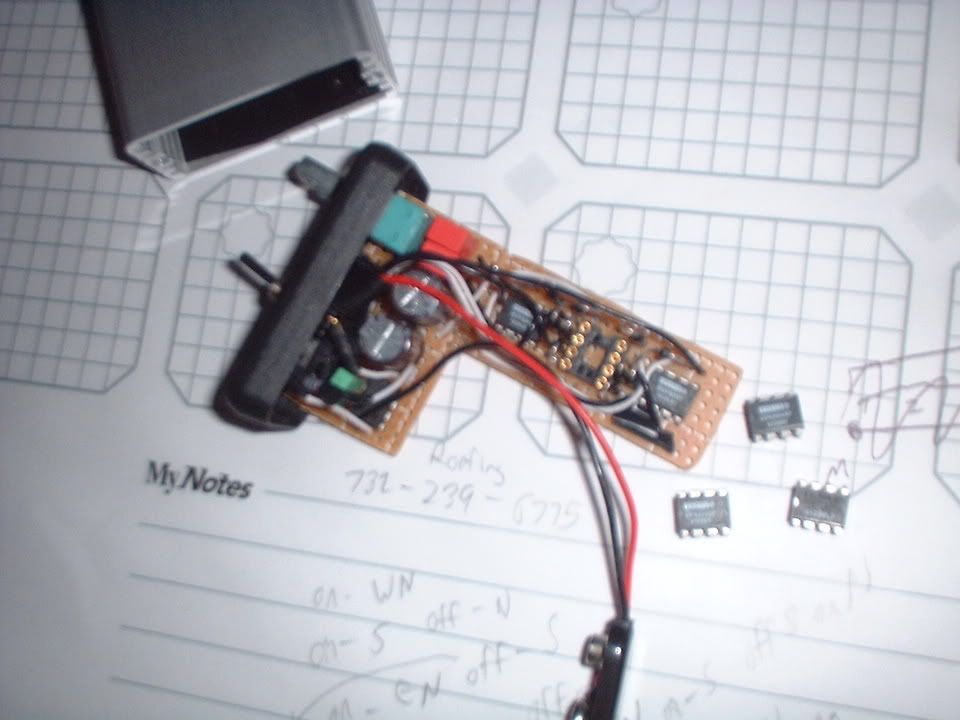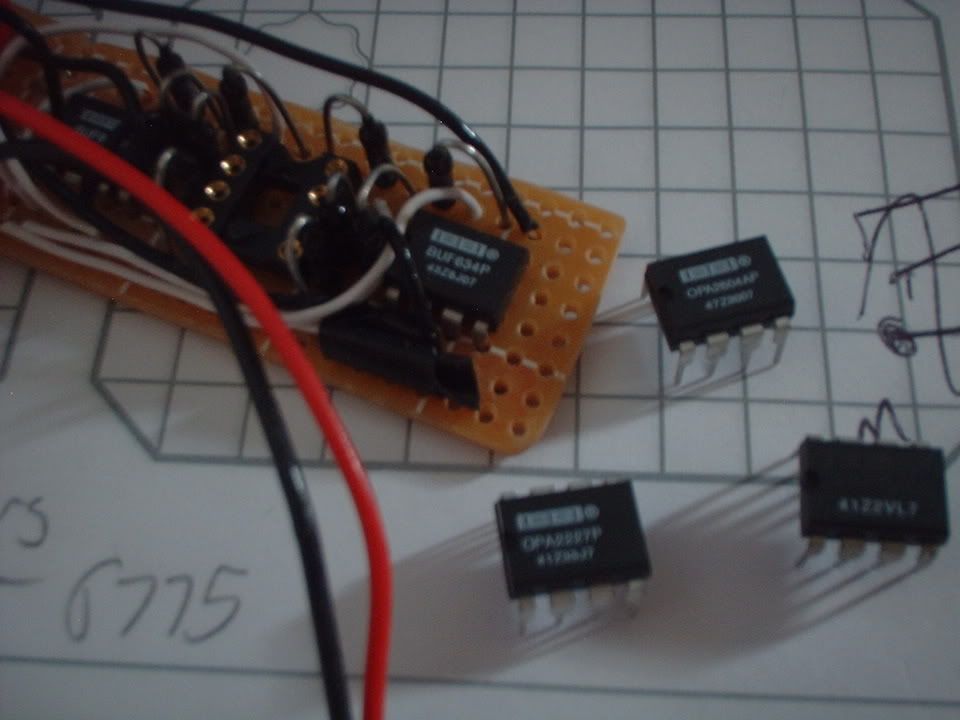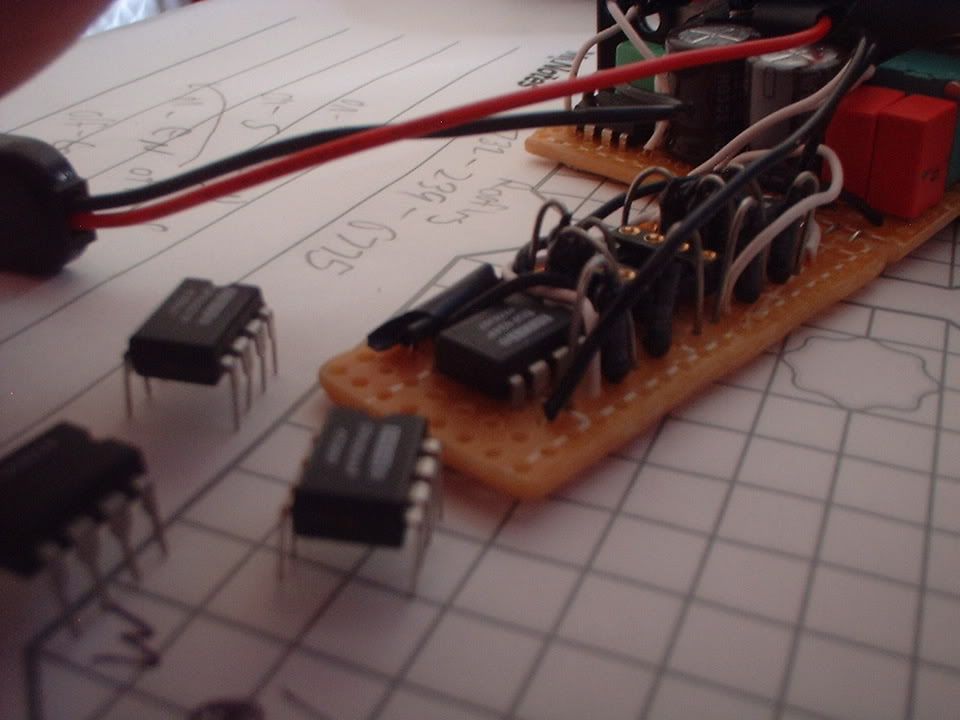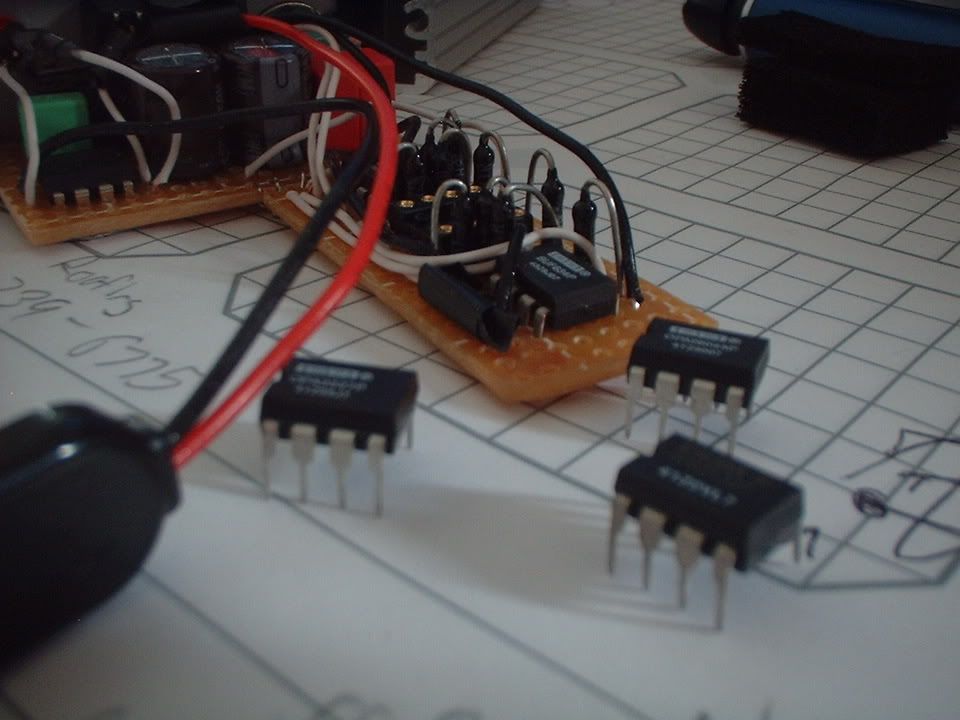nleahcim
100+ Head-Fier
- Joined
- Nov 27, 2001
- Posts
- 437
- Likes
- 10
Hi - I was wondering if somebody might be able to suggest a brand/series of through hole mounted DIP sockets that would be well suited for audio applications? I need to pick up a couple 8-DIP sockets for a CMOY - and I'm not totally sure which to get. Oh - and preferrably could you suggest one that is stocked by Mouser/Digi-Key/Newark? Thanks!






